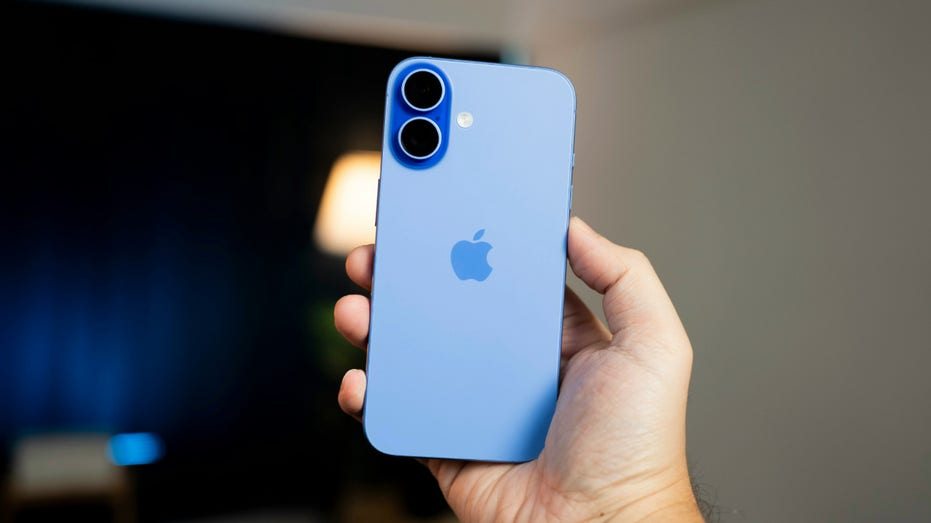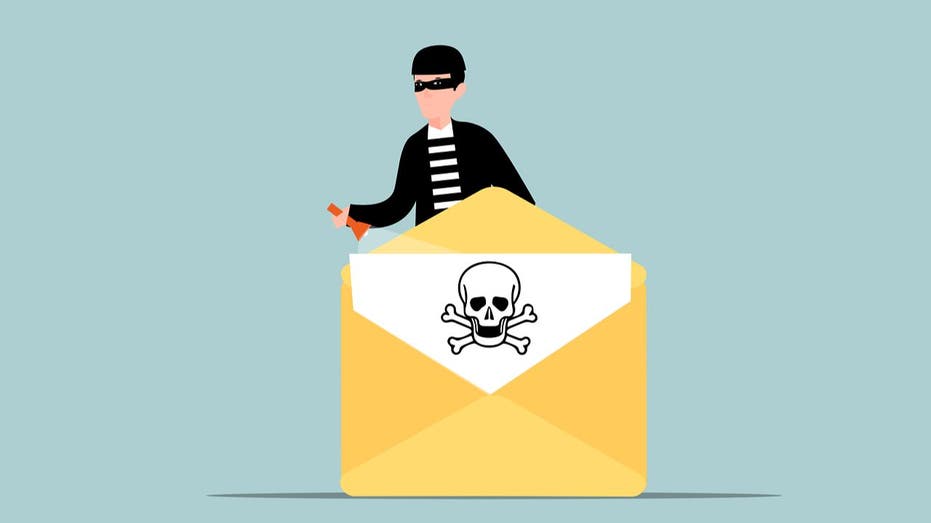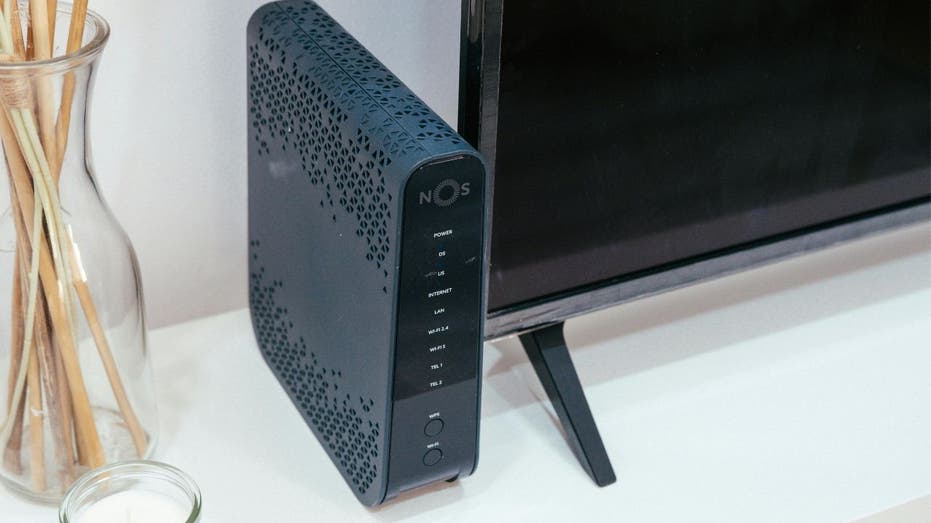Apple AirPlay Security Flaw 'AirBorne' Exposes Millions to Hacker Attacks—How to Stay Safe

Sarah Johnson
May 6, 2025
Brief
Apple's AirPlay has a serious security flaw called AirBorne, exposing millions of devices to hackers. Learn how to protect your tech from network intruders.
Apple’s AirPlay was supposed to be all about seamless streaming—music, photos, videos, you name it—all zipping from your iPhone or MacBook to your TV or speaker with just a tap. But now, it seems this shortcut to convenience has also become a shortcut for hackers. Cybersecurity researchers have uncovered a set of vulnerabilities—fittingly dubbed AirBorne—that could turn AirPlay-enabled gadgets into silent gateways for malware and network break-ins.
The flaws, discovered by researchers at Oligo, lurk in the AirPlay software development kit (SDK) used by third-party manufacturers to make their smart TVs, speakers, and other media devices AirPlay-compatible. Here’s the catch: if a hacker is on the same Wi-Fi network as one of these vulnerable devices, they can take control—no physical access needed.
Once inside, attackers can hop from device to device across your home or office network. They might drop malware or ransomware, mess with operations, or even lock you out of your own tech. Some compromised gadgets could end up drafted into botnets, joining a shadowy army of hijacked devices ready to wreak havoc. And since a lot of these smart toys come with microphones, hackers could even turn them into impromptu listening posts. Alexa, play "Every Breath You Take"—but not in a creepy way, please.
Apple has already patched these bugs on its own hardware and pushed updates to third-party partners. Unfortunately, researchers warn that millions of third-party AirPlay devices may never get a fix—either because they don't auto-update or because some vendors drag their feet (or just plain ignore the problem). That’s a lot of smart speakers and screens potentially left wide open.
A demo by Oligo showcased just how easy it is to take over a device: they made a Bose speaker flash their logo, all without breaking a sweat. Bose wasn’t specifically targeted, but the example proves a point—any unpatched AirPlay device is fair game for hackers looking for an easy score.
And it’s not just your living room that’s at risk. The researchers found Apple CarPlay is also vulnerable. While hacking it is tougher (requiring Bluetooth or USB pairing), more than 800 models of cars and trucks could be exposed. So, you might want to think twice before bragging about your smart dashboard.
So, what can you do to stay safe? Here are some essential tips:
- Segregate your networks: Set up a separate Wi-Fi network for smart home devices—keep your main gadgets like phones and computers on a different network. That way, if someone breaks into your smart speaker, your laptop is still safe.
- Turn off AirPlay when you’re not using it: It’s convenient, but also a sitting duck if left on all the time. Head to settings and disable it if you don’t use it often.
- Steer clear of public Wi-Fi for AirPlay: Hackers love public networks. If you must use them, don’t cast or pair your devices—and consider using a VPN for an added shield.
- Lock down your home Wi-Fi: Use a strong, unique password, keep your router updated, and stick to WPA2 or WPA3 encryption. Avoid letting your network be the digital equivalent of an open house.
- Limit device permissions: If your smart speaker has a microphone you never use, switch it off or cover it. The fewer features exposed, the fewer ways hackers can sneak in.
Apple loves to tout its privacy and security cred, but AirBorne shows even the big dogs can slip up. Yes, Apple fixed its own gear, but millions of third-party AirPlay devices are still sitting ducks. If Apple wants to claim the privacy crown, it needs to push vendors harder—or those "privacy first" ads might start to sound a little hollow.
Topics
Editor's Comments
Apple might want to update their AirPlay slogan to 'Stream anything—right to your neighborhood hacker.' With so many third-party devices left vulnerable, it’s like forgetting to lock the front door but leaving a sign that says 'Come on in!' If only hackers put this much effort into setting up my Wi-Fi printer, maybe I'd finally get it to work.
Like this article? Share it with your friends!
If you find this article interesting, feel free to share it with your friends!
Thank you for your support! Sharing is the greatest encouragement for us.



